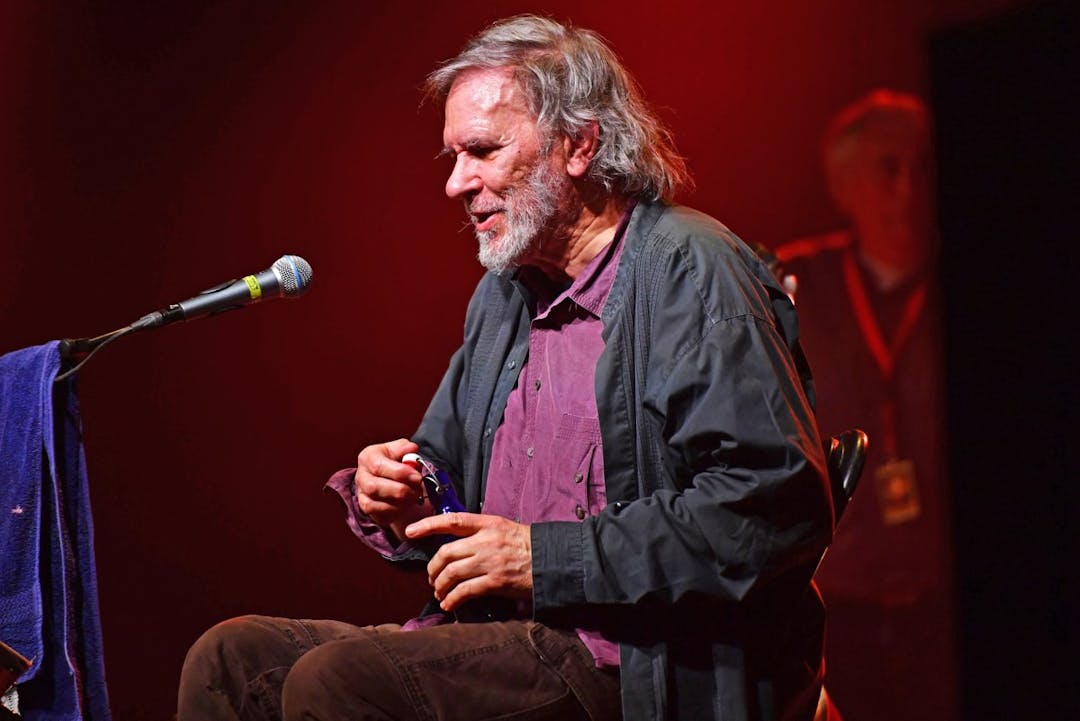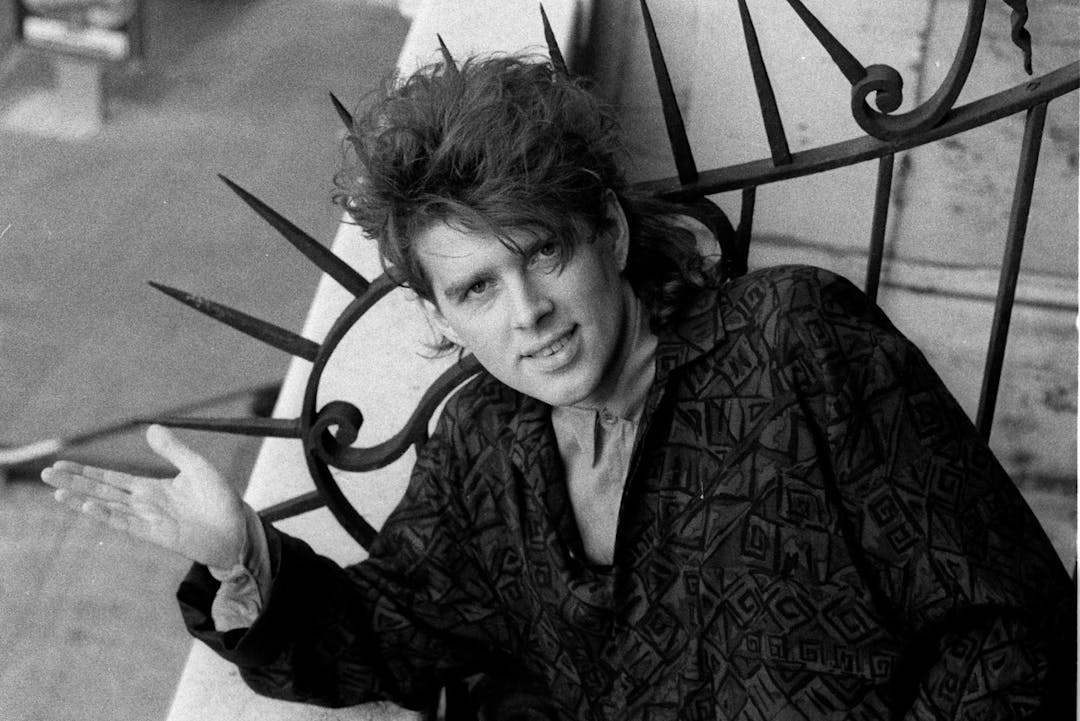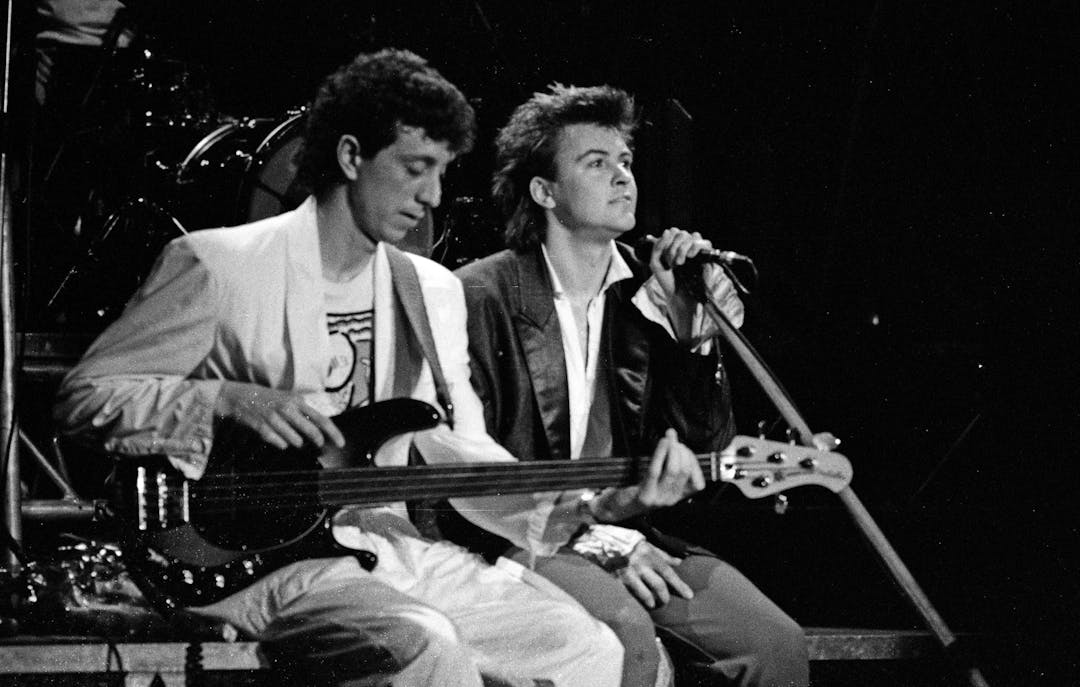
TAGTIK NEWS - TO THE POINT
Are you always "at the end of your tether"? Here's why

Heading Google searches, the issue of fatigue is an obsession. Drained, exhausted, warn out, we endure the relentless pace of a society based on performance and no longer dedicate as much time to sleep, despite it being considered a vital need on par with breathing and hydration.
Indispensable to our biorhythm, rest shouldn't be neglected. Unfortunately, especially in the internet and screens era, we mistreat our natural cycles and energy expenditure. Noise, the plague of big cities as well as new technologies, invades the silence and concentration space that we greatly need. Our physical and emotional involvement, expanded to all social spheres, also weakens us with its constraining force. The mind scatters amidst noise pollution, internal ruminations, and the body is drained of its dynamism, leaving us vulnerable, more exposed than ever to the abyss of exhaustion.
Fatigue through the ages
This feeling of annihilation isn't new. As early as the Middle Ages, some monks, paralysed by exhausting melancholy, found themselves unable to sing and pray with vigour and enthusiasm. Then it was the 17th-century aristocracy's turn to experience the lack of rest. Oppressed by the duties of the court, always in pursuit of the perfect image and the right word, the nobility were equally prey to fatigue.
In 1869, George Beard, a New York physician, highlighted a nervous exhaustion: neurasthenia. This condition is now known as "chronic fatigue syndrome." It's characterised by intense physical weakness and profound sadness. "Exacerbated by moderate physical exercise, it causes generalised exhaustion after exertion, which differentiates it from depression," reports the magazine Psychologies. The causes of this chronic fatigue are numerous: microbes, viruses, environment, psychological and/or hormonal factors, stress…
Today, we sleep less, dream less, and our internal tensions are numerous. It becomes difficult to leave the screen even for a second, even at work. Slaves to "better" before achieving "good", we're constantly seeking to renew our life experiences. Leaving, traveling the world, exploring the earth, discovering… Our ambitions grow, as does our need for sleep. It's a matter of reconnecting our body and mind to what fatigue is telling us. It's time to take a break!
Deeper still: burn-out
Our ideals besiege us. Ready to give everything to perform, to achieve goals set by a yield-driven society, we abandon our fundamental needs. Obsessed with performance, we fall into a fatigue that affects not only the professional realm but also everything that seems to designate a function to fill, an ultimate goal. This leads us to "a generalised activism, extending even to leisure, where everything seems urgent, even though prioritising and clearing one's mind are psychological necessities," notes Psychologies. Beyond fatigue, burn-out is an illness that damages our confidence, our self-esteem, and the image we have of ourselves.
The messenger of our limits
Fatigue enlightens us on what is no longer bearable, on what harms our health. Let's consider it as a friend, an internal alert whispering to us that it's time to hit off. A strong signal sent by our body, it indicates where our limits lie. Let's learn to accept it and cuddle up in its gentleness.
(MH with Raphaël Liset - Source: Psychologies - Illustration: ©Unsplash)
LATEST NEWS

Born on January 21: Cat Power, a rebel who doesn't need to scream

Born on January 20: Paul Stanley (KISS) promises not to touch make-up!

Born on January 19: Martha Davis, the Motels' singer's troubled life

RIP: The legendary Tucker Zimmerman has passed away at the age of 84.

Born on January 18: Tom Bailey (Thompson Twins) always calls his "Doctor! Doctor!"

Born on January 17: Paul Young holds on to his crown as king of romantic ballads
Quick links